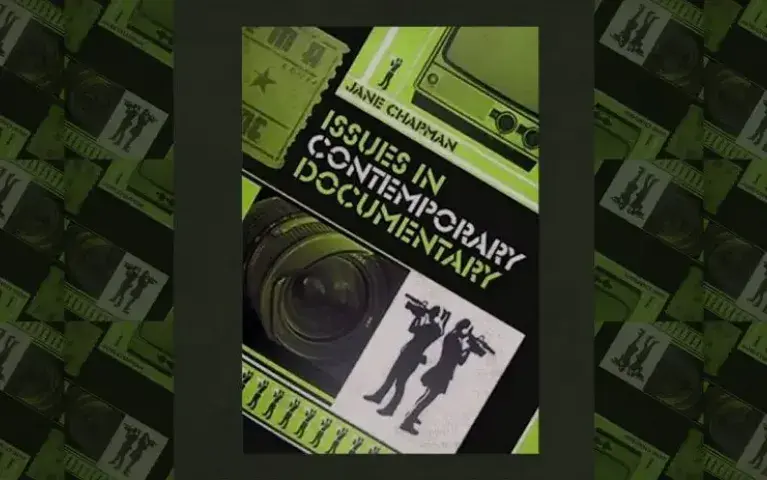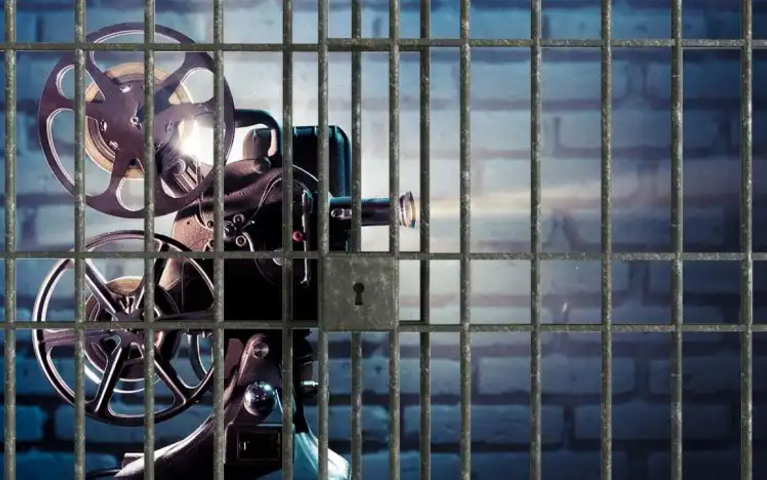Book Review: “Issues in Contemporary Documentary” by Jane Chapman

The definition of a documentary in people’s minds is usually linked to a film that reflects reality, explores it in the dark corners or digs into history to reveal what’s hidden to share with viewers remarkable topics that matter or that attempt to just make a difference. There are conceptual distinctions between fiction and documentary works, although the lines between the two are getting blurred, with an increasing number of filmmakers combining freely the documentary and fiction techniques, and some festivals deliberately avoiding separate categories.
Yet, how real is a documentary? Can it be taken at face value, regardless of the subjective view of its creator?
In her book “Issues in Contemporary Documentary”, British author, Jane Chapman, presents a study questioning what the current issues are for documentary studies, and whether the traditional themes of documentary studies are still valid or are they changing; and if so, how?
The book takes you in a journey from discussing how a documentary deals with the world we live in, or the world as it was in the past, to showing how this film genre had an input on cinema and the audience.
It goes a step further to examine the forms of representations and problems associated with them, in addition to explaining how politics has always been part of the equation of representation. These are some of the issues that Chapman discusses in her book categorized in eight chapters: definitions, representation, objectivity/subjectivity, censorship, authorial voice, reflexivity, audience, ethics.
Each chapter identifies ongoing elements or themes used in documentaries, then poses the question, are they still relevant, with plenty of selected international case study examples that can be looked at as part of the whole chapter’s general background.
One of the case studies that the writer refers to concerns the issue of ethics in the American documentary “Zeitgeist: the Movie” (2007) directed by Peter Joseph. The film provides a highly charged selection of film clips, voiceovers, quotes and book citations, unreferenced and undated, but edited together for effect. It discusses the ethical implications of the digital manipulation of images raising the issue of reliability, realism and simulation.
Reading Chapman’s book makes you think twice of how documentary films show us reality, how they affect us as viewers, while the main thought that crosses the reader’s mind is: how much fictional elements affect non-fictional films?
“Issues in Contemporary Documentary” is a book recommended for all students and scholars of film and media, in addition to those seeking to craft documentary filmmaking, and of course for anyone who loves documentary films!
About the author:
Jane Chapman is a British academic, professor of communications at the University of Lincoln, a research associate and a former fellow at Wolfson College, Cambridge and the Centre of South Asian Studies, Cambridge.
She is the author of ten books on topics related to media history, documentary, broadcast journalism and newspaper history, in addition to over 30 academic articles.
This book is available at the Royal Film Commission’s Film Library.
*Noura Habjouka is the Supervisor at the Film Library.















